The Sukhoi Su-30M is a highly versatile, twin-engine, multirole fighter aircraft developed by the Russian company Sukhoi. It's part of the Su-30 family, which stems from the Su-27 "Flanker" platform. The "M" in its designation indicates a modernized version of the Su-30, tailored to meet various operational requirements. Below is an overview of its history and development:
Development Background
Origin: The Su-30 program began in the late 1980s as an advanced variant of the Su-27. The original goal was to create a two-seat fighter for long-range interception and air superiority missions.
First Flight: The first prototype of the Su-30, known as the Su-27PU, flew in 1989.
Export Evolution: The need for a modern multirole fighter led Sukhoi to develop several export-oriented variants, including the Su-30M series, which added advanced avionics, weapons capabilities, and multirole functionality.
Variants of the Su-30M
Su-30M (Basic Model): Introduced as an upgraded Su-30 with improved avionics, ground-attack capabilities, and compatibility with a wider range of weapons.
Su-30MK (Commercial/Export): Adapted for export markets, with country-specific customizations.
Su-30MKI: India-specific variant co-developed with HAL (Hindustan Aeronautics Limited), featuring thrust-vectoring engines and advanced avionics.
Su-30MKK: Built for China, optimized for ground attack.
Su-30MKM: Exported to Malaysia with French and Russian avionics.
Su-30SM: Enhanced for the Russian Air Force, incorporating advanced radar and weapons systems.
Key Features
- Airframe and Engines:
The Su-30M retains the Su-27’s aerodynamic design but adds a second seat for a weapon systems officer (WSO).
Equipped with AL-31F or AL-31FP engines, many variants feature thrust vectoring for enhanced maneuverability.
- Avionics:
Advanced radar systems like the N011M Bars or Zhuk-ME, capable of tracking multiple targets simultaneously.
Compatibility with both air-to-air and air-to-ground weapons, including beyond-visual-range (BVR) missiles.
- Multirole Capability:
Designed for both air superiority and precision strikes, capable of engaging ground, naval, and aerial targets.
Operational History
Russia: The Su-30SM has been extensively used by the Russian Air Force for combat operations in Syria, where it proved its effectiveness in providing air cover and conducting precision strikes.
India: The Su-30MKI forms the backbone of the Indian Air Force, participating in exercises like Red Flag with the U.S. Air Force and combat missions against insurgent targets.
China: The Su-30MKK and Su-30MK2 have been deployed by the People's Liberation Army Air Force (PLAAF) for patrols and regional security missions.
Other Operators: Countries like Algeria, Vietnam, Malaysia, and Venezuela have procured Su-30 variants for their versatility and cost-effectiveness.
Modern Upgrades
Sukhoi continues to refine the Su-30M platform. Current upgrades include:
Radar improvements: AESA radar systems.
Weapon integration: Compatibility with advanced hypersonic missiles.
Cockpit modernizations: Enhanced displays and systems for situational awareness.
Digital systems: Improved electronic warfare and communication capabilities.
Conclusion
The Su-30M represents a significant milestone in modern military aviation. Its versatility, adaptability, and effectiveness have made it a staple of air forces worldwide, balancing cutting-edge technology with combat-proven reliability. The platform continues to evolve, ensuring its relevance in modern warfare.
Picture

Specifications
Spotlights
- F16xl 4 months ago
- EagleMan010 4 months ago
- Chaunhkhoa 4 months ago
General Characteristics
- Predecessor [AI] Sukhoi Su-30M
- Created On Android
- Wingspan 58.7ft (17.9m)
- Length 81.3ft (24.8m)
- Height 22.5ft (6.9m)
- Empty Weight 24,557lbs (11,138kg)
- Loaded Weight 32,904lbs (14,925kg)
Performance
- Power/Weight Ratio 3.073
- Wing Loading 72.7lbs/ft2 (354.8kg/m2)
- Wing Area 452.8ft2 (42.1m2)
- Drag Points 3000
Parts
- Number of Parts 101
- Control Surfaces 4
- Performance Cost 559

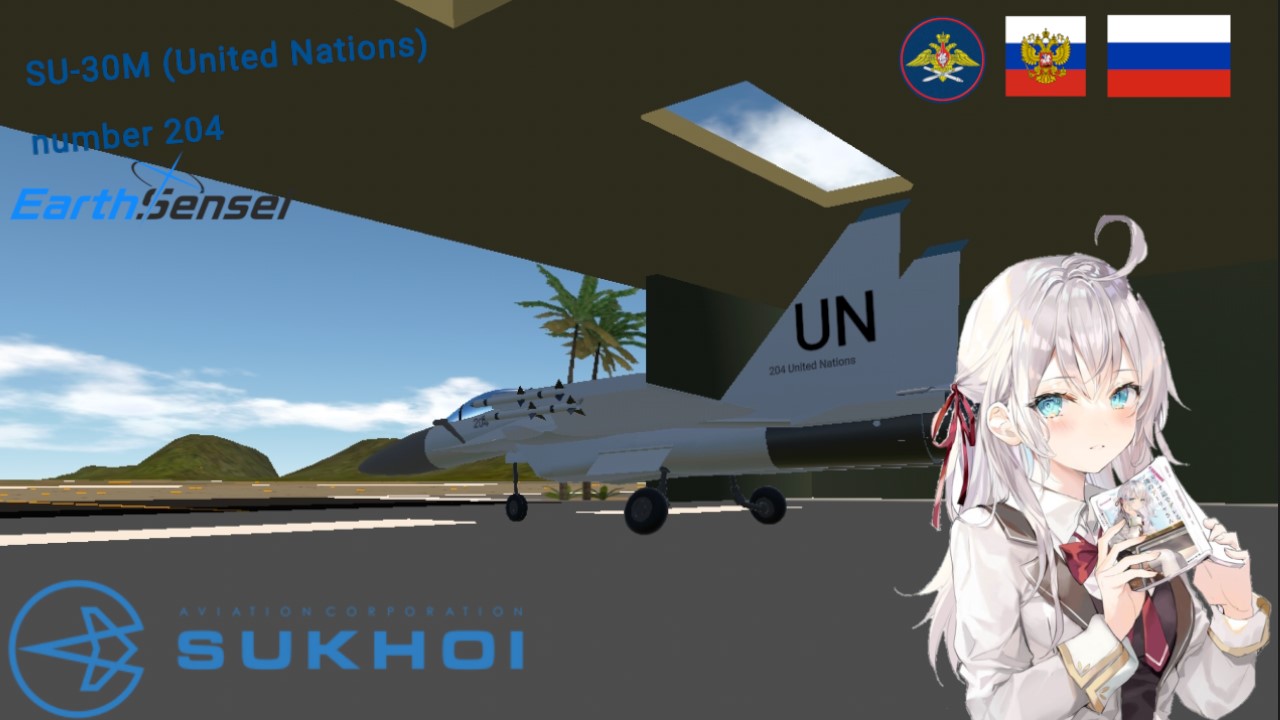
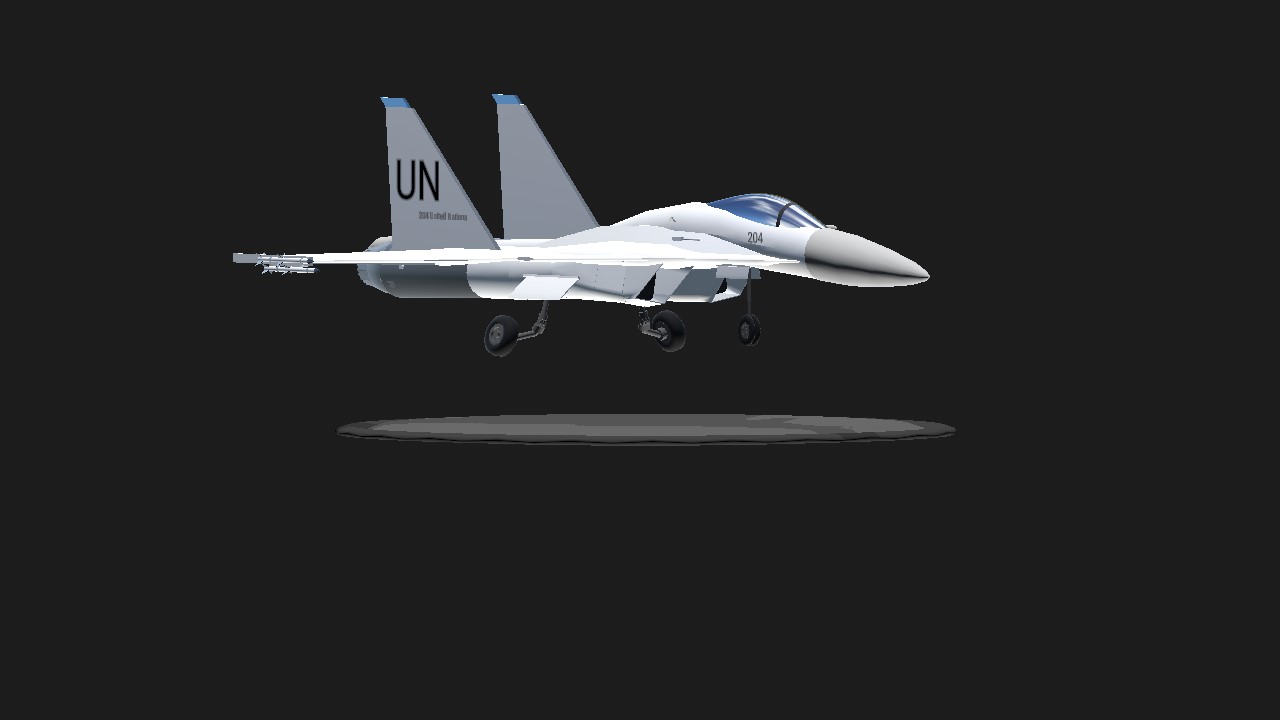
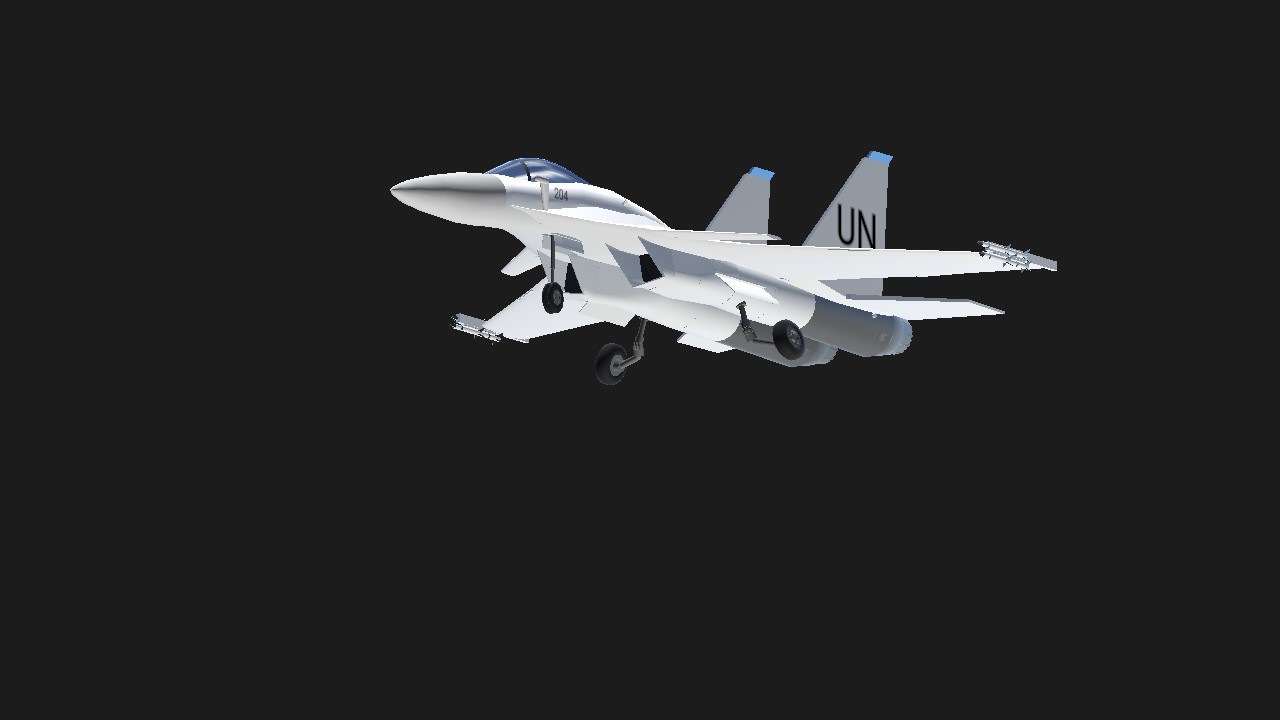
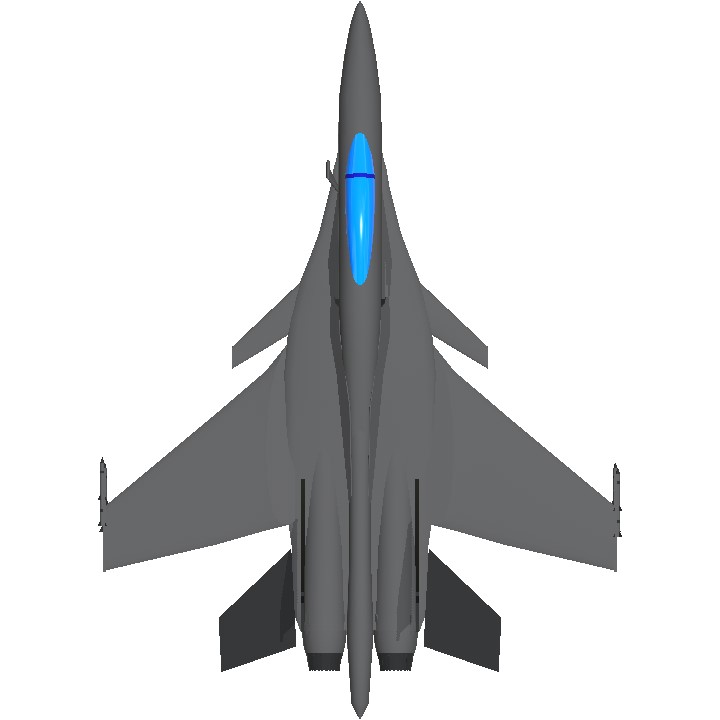
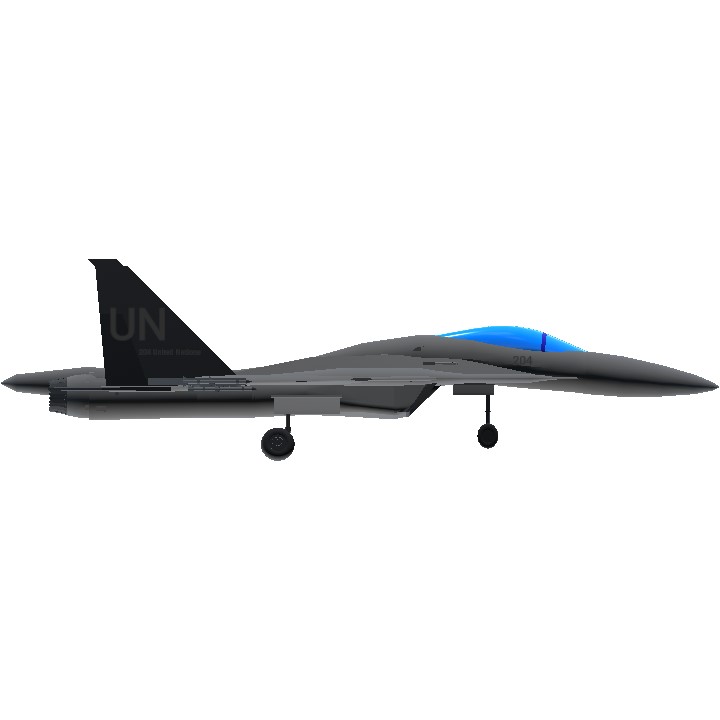
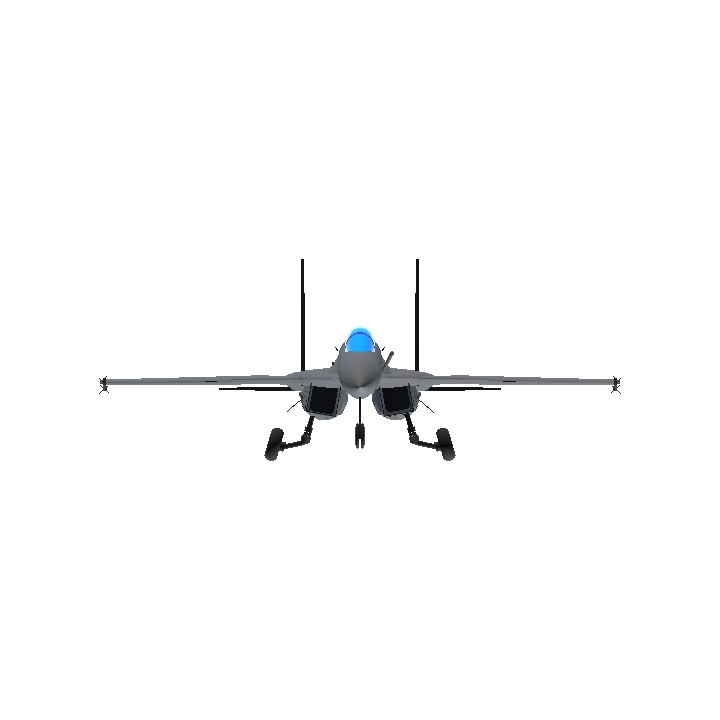
Lovely
OH HELL YEA
THANK YOU
@Eagleman101SP sorry for the wait mate